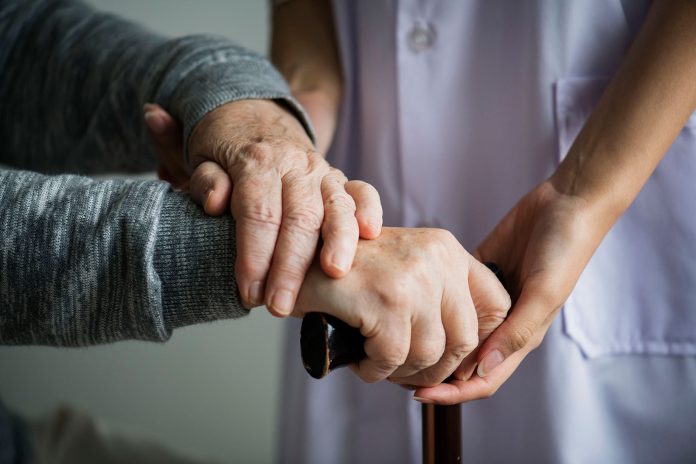October 29 marked the inaugural International Day of Care and Support. Designated by the United Nations General Assembly this year, this day aims to raise awareness of the importance of care and support and its contribution to the achievement of gender equality and the sustainability of societies and economies, with women worldwide performing the large majority of both paid and unpaid care work. The day also highlights the need to invest in a resilient and inclusive care economy, including the development of strong and resilient care and support systems.
According to Carers Australia, 2.65 million people in Australia, or 10 per cent of the population, provide unpaid care and support to family members and friends who have a disability, mental illness, chronic condition, terminal illness, an alcohol or other drug issue or who are frail aged. These carers provide 2.2 billion hours of unpaid care per year. Some 861,000 of carers are primary carers, those who provide the most informal support to a loved one, and more than half provide at least 20 hours of care a week. The average age of primary carers is 54, but one in 11 are under the age of 25. Primary carers of working age are generally on lower incomes than other Australians.
To commemorate the first UN International Day of Care and Support, a webinar focusing on people who care for a family member with dementia brought together speakers from Australia, Brazil, Kenya, Malaysia, Singapore, Tonga, the United States, and Yemen to share their experiences. Hosted by UMI (Uniquely Me Initiatives) and the Global Brain Health Institute, the webinar elevated “family care partners”, recognising the care and advocacy that carers provide in very challenging circumstances of the progression of dementia, often in contexts where dementia awareness is low and dementia is stigmatised. At the same time, the webinar acknowledged the partnership that is involved in caring. The journey of caring for a loved one is not simply a matter of one person giving and the other receiving, but a relationship in which both give and receive, together learning to live well with dementia.
There are more than 400,000 Australians living with dementia, with more than 1.5 million people involved in their care, according to Dementia Australia.
Alicia Dong, who lives in Sydney and cares for her husband with dementia, said, “All carers are on the same journey with our loved ones who need care. Carers are accepting, evolving and growing, learning how to provide the best care.
“For the wellbeing of our loved ones, and for them to continue to live a quality life and enjoy life, persistence is the key in our caring roles. It’s rewarding when we see our efforts on our loved ones’ smiling faces.”





